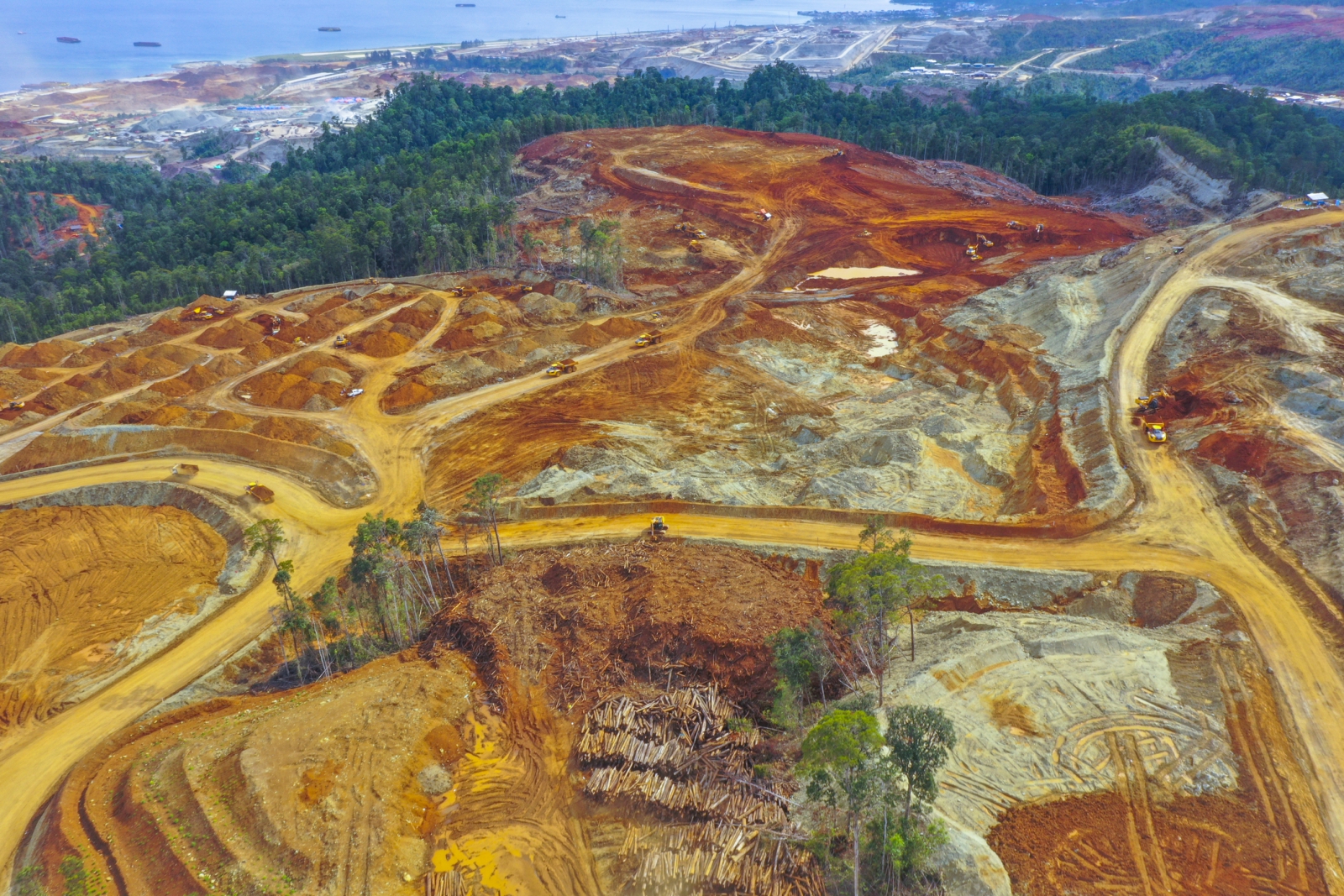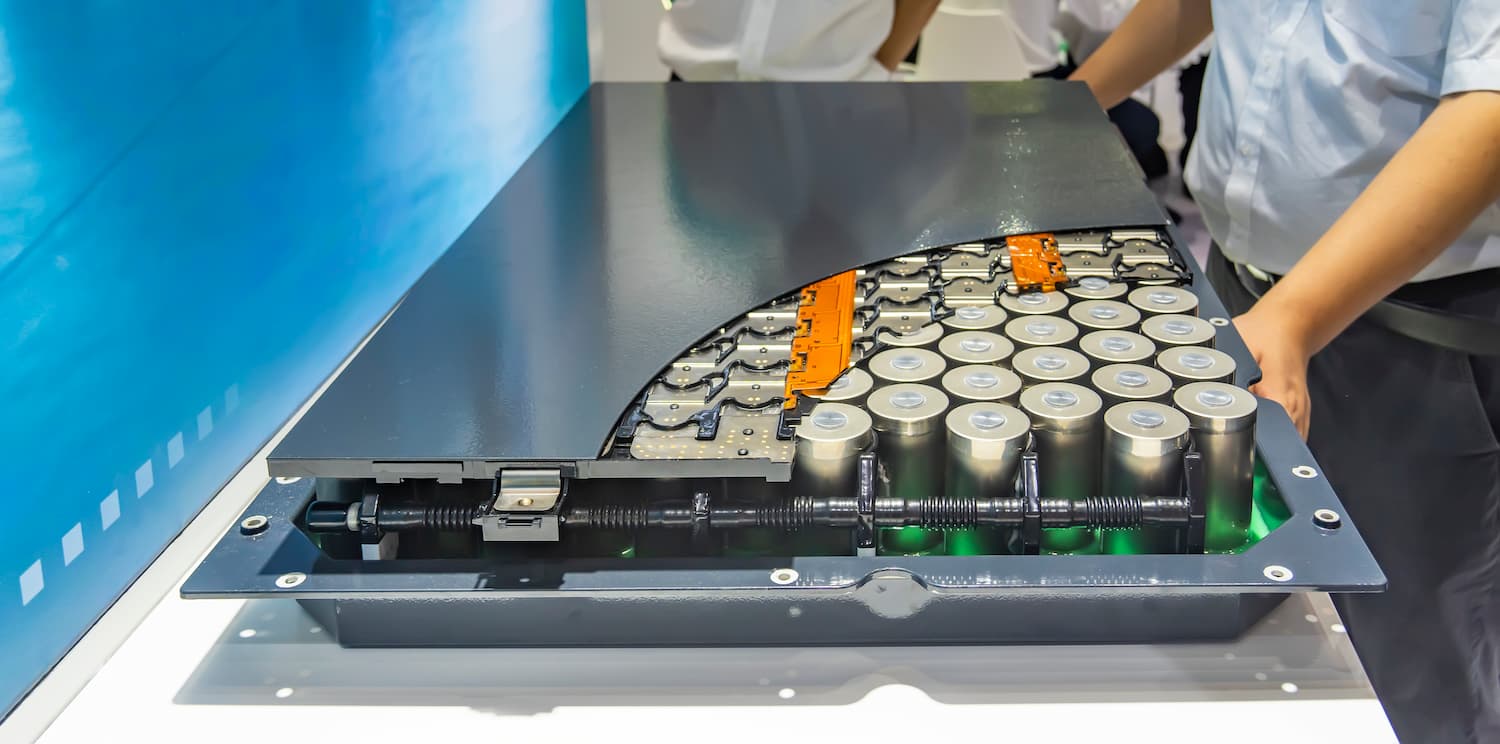
Indonesia’s nickel boom faces clean energy bottleneck. (Photo: iStock)
Electric vehicles (EVs) are widely seen as low-carbon transportation, yet their battery supply chain remains heavily reliant on fossil fuel. This is especially true in Indonesia, the world’s top nickel producer, where the industry is undergoing painful transition efforts.
Industry insiders admit that decarbonizing the nickel sector is increasingly difficult, and that neither government policies nor corporate action seem likely to change the situation in the near term.
Surging nickel output faces growing emissions pressure
At a recent sustainability forum hosted by the Indonesian government, Meidy Lengkey, Secretary General of the Indonesian Nickel Miners Association (APNI), noted that transitioning nickel production from coal to cleaner energy remains a major challenge. Even basic power supply is uncertain.
Indonesia’s nickel processing plants are largely concentrated in resource-rich but infrastructure-poor areas like Sulawesi, Maluku, and Papua. These industrial parks lack the facilities needed to integrate clean energy.
“With 226 smelter lines, each requiring around 30MW to 50MW, is there any guarantee that the power supply will be reliable If we change the energy source from coal to another source” Meidy questioned.
Indonesia currently supplies over 60% of global nickel demand. With the surge in EV adoption, the country’s nickel processing capacity has grown rapidly. There are now 49 pyrometallurgical and 5 hydrometallurgical facilities in operation, with projections to reach 147 by the end of 2025.
Vale Indonesia, a major player in the sector, is seen as a decarbonization leader thanks to its use of three hydroelectric power plants. However, Meidy stressed that hydro projects require specific site conditions and cannot be quickly replicated at scale. Other energy alternatives being explored—such as biomass, nuclear, and natural gas—face their own logistical and supply challenges.

Despite EVs being marketed as low-carbon, their battery supply chains are still heavily influenced by high-carbon, fossil-fueled electricity. (Photo: iStock)
New energy roadmap omits coal phase-out
Meidy also highlighted increasing scrutiny from environmental groups and EV manufacturers, which is pushing some companies to pursue ESG (Environmental, Social, and Governance) certifications. The Indonesian government is working on national sustainability standards, but current efforts remain insufficient to drive real change.
The disconnect is further reflected in the country's official energy policy. On May 26, Indonesia’s Ministry of Energy and Mineral Resources (KESDM) approved the 2025–2034 Electricity Supply Business Plan (RUPTL). The plan aims to add 42.6 GW of new renewable and alternative energy capacity over the next decade, over 60% of the projected capacity additions. However, it includes no provisions for phasing out coal-fired power plants.
Despite a 2022 ban on new coal plant construction and a pledge from current President Prabowo Subianto to eliminate coal by 2040, the latest roadmap appears to contradict those goals.
At the press conference unveiling the plan, Minister Bahlil Lahadalia stated, Coal should not be considered an illicit commodity.” He added that the government would only retire coal plants early if financing became available at sufficiently low interest rates.
Source: Jakarta Post, IESR, Bloomberg
.jpg)



